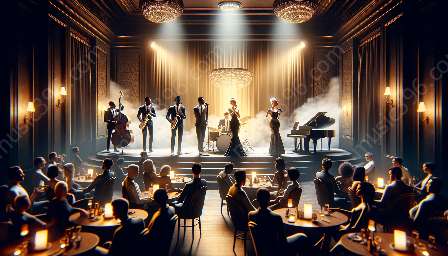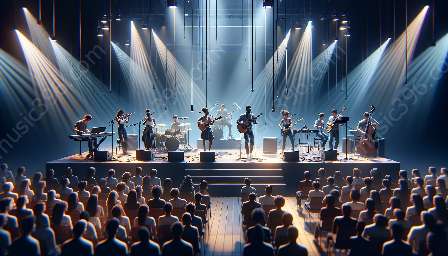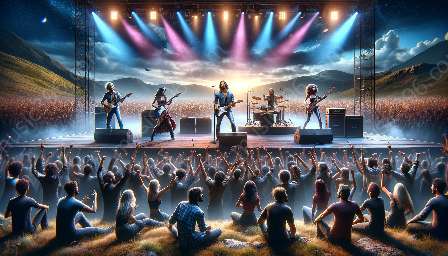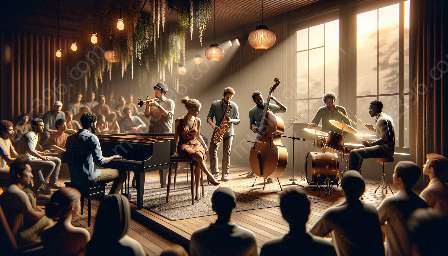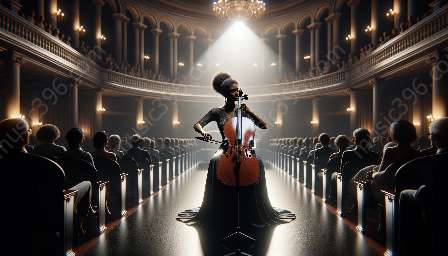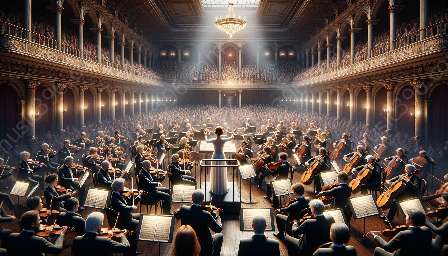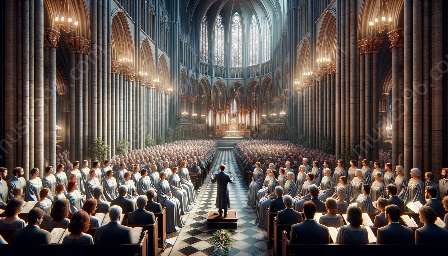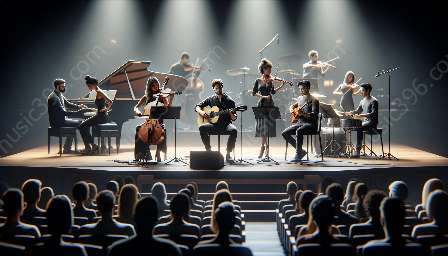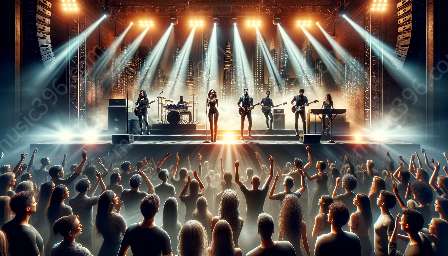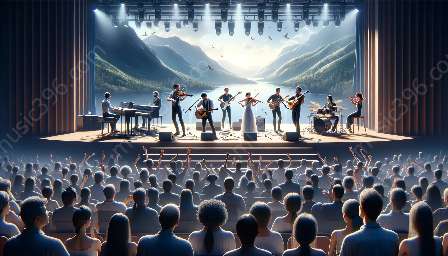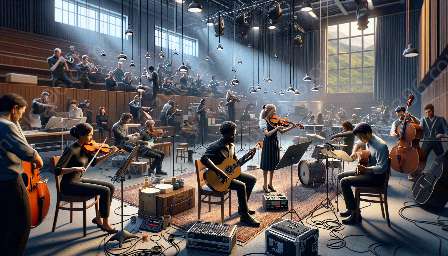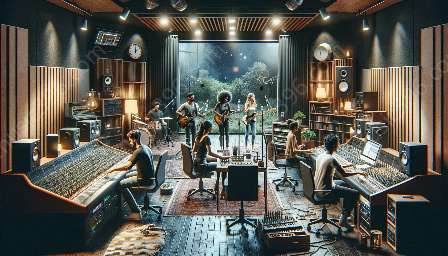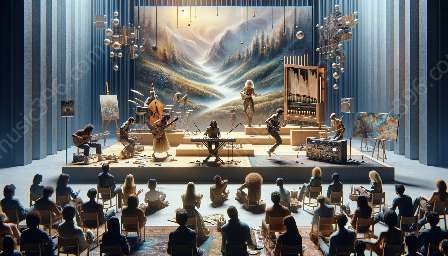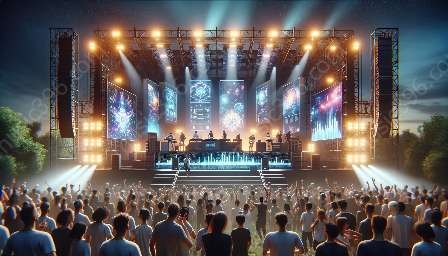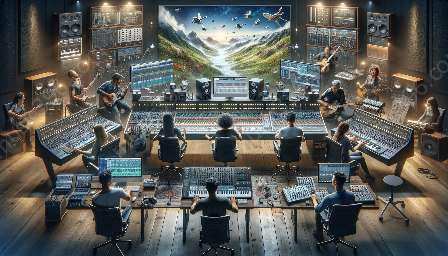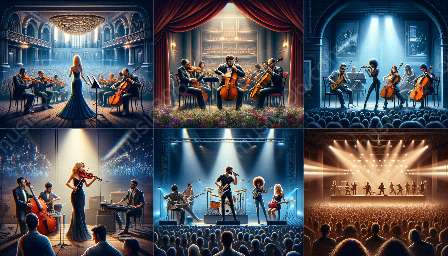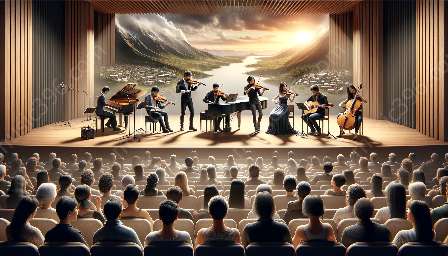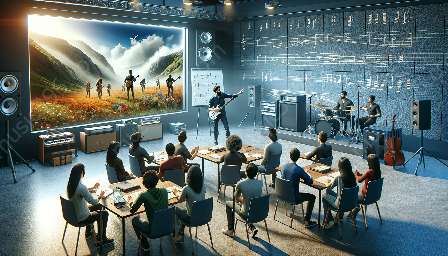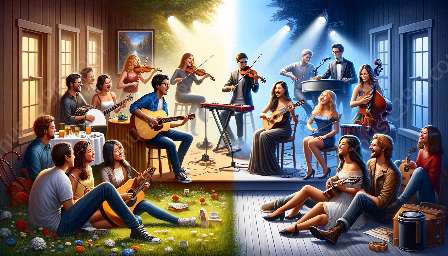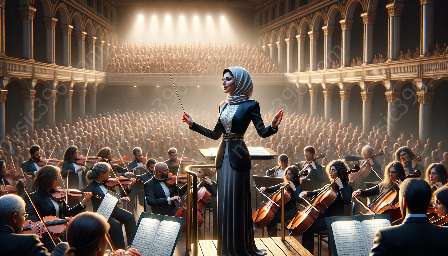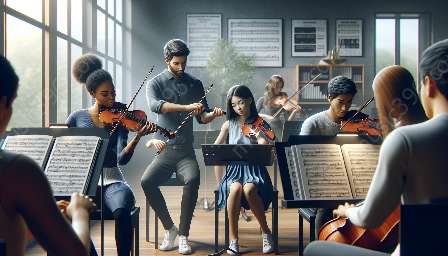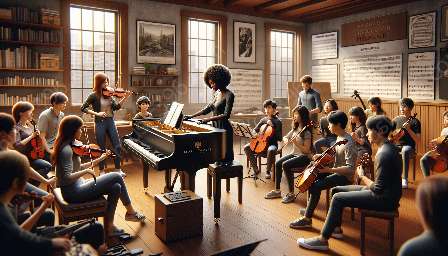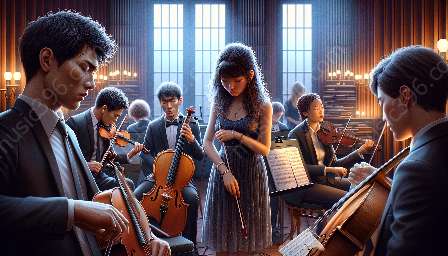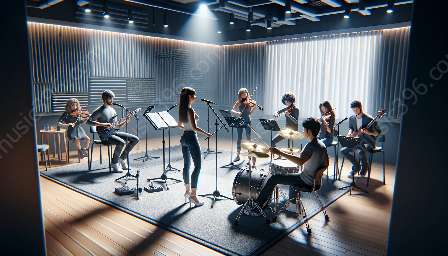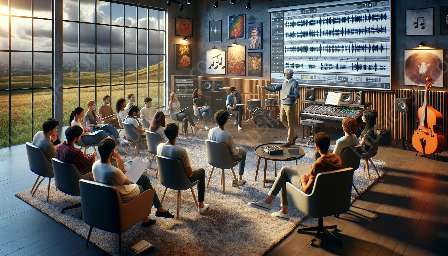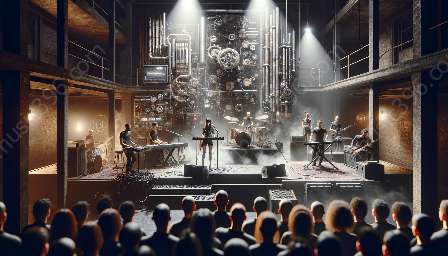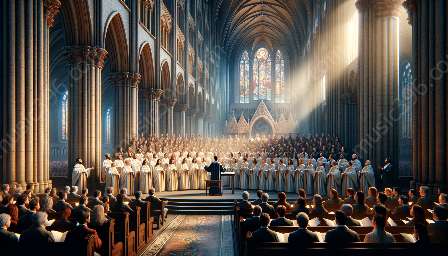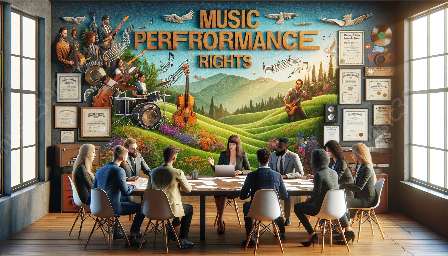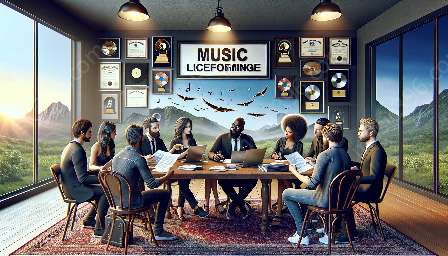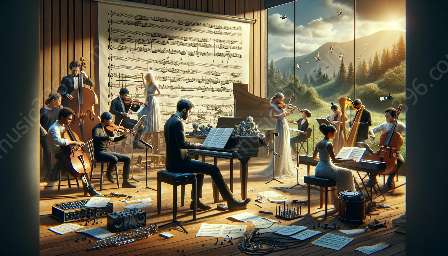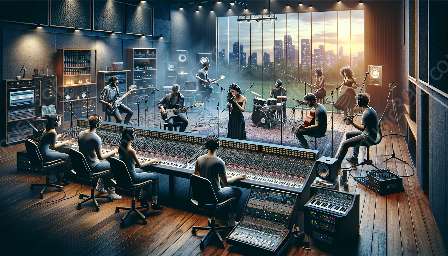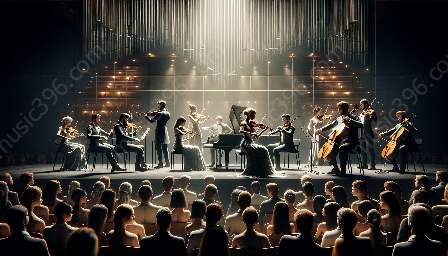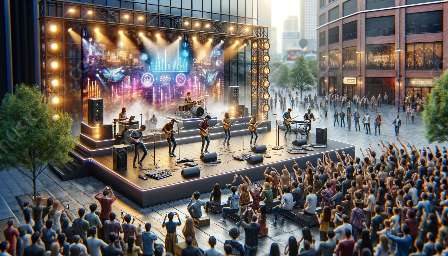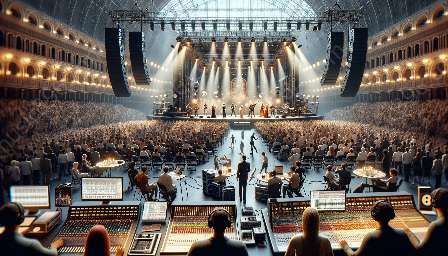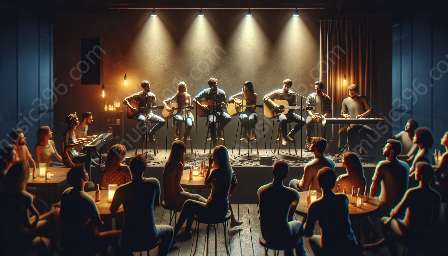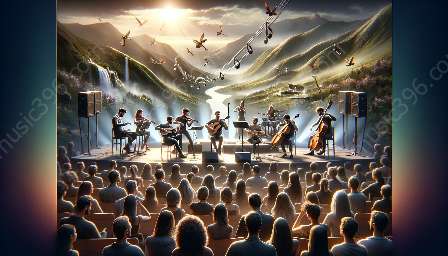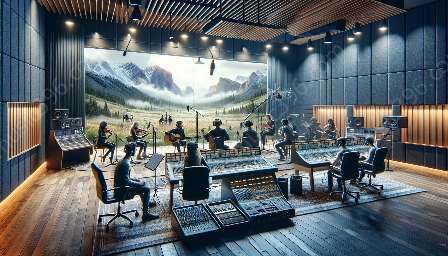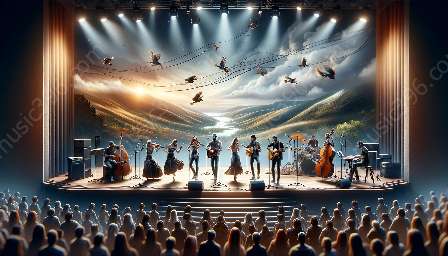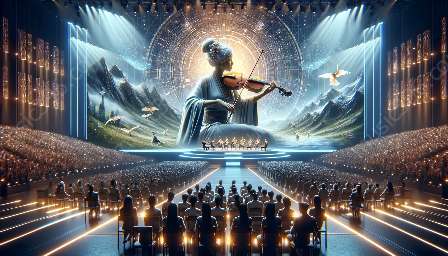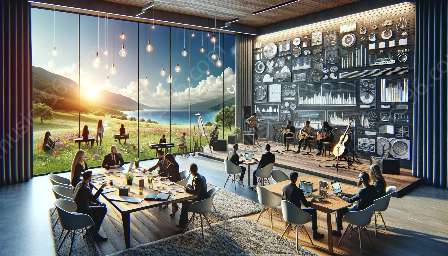Artistic freedom is a fundamental aspect of music performance, enabling musicians to express themselves creatively and share their unique talents with audiences. Additionally, music performance licensing plays a crucial role in ensuring that artists are fairly compensated for their work while also protecting the rights of copyright holders. In this topic cluster, we will explore the intricate interplay between artistic freedom and music performance licensing, unpacking the legal and creative dimensions that shape this dynamic relationship.
The Meaning of Artistic Freedom in Music Performance
Artistic freedom encompasses the right of musicians to create, perform, and distribute their music without censorship or undue interference. It allows artists to explore diverse themes, experiment with different genres, and convey their emotions and perspectives through their musical endeavors. For musicians, artistic freedom is intertwined with the autonomy to craft their own sound and style, reflecting their individuality and vision as creators.
Moreover, artistic freedom extends beyond the act of musical creation to encompass live performances, where artists have the opportunity to connect with their audience in a unique and immersive way. Whether it's a captivating stage presence or improvisational moments during a concert, live music performances epitomize the essence of artistic freedom, enabling musicians to showcase their skills and share their artistry in real-time.
The Role of Music Performance Licensing
While artistic freedom empowers musicians to express themselves authentically, music performance licensing provides the necessary framework for regulating the public use of copyrighted music. It ensures that composers, songwriters, and performers receive appropriate compensation for the public performance of their works, fostering a sustainable ecosystem where creativity is rewarded and protected.
Music performance licensing is a multi-faceted process that involves obtaining the rights to perform copyrighted music in various settings, including live concerts, festivals, and other public events. Licensing organizations and collecting societies play a pivotal role in administering these rights, working to facilitate the equitable distribution of royalties to rights holders based on the extensive usage of their musical works.
Challenges and Considerations
The intersection of artistic freedom and music performance licensing presents several complex challenges and considerations for musicians, venue owners, and music industry stakeholders. Balancing the need for creative expression with the legal obligations of licensing can be a delicate task, particularly in live performance settings where spontaneous improvisation and diverse repertoire are integral to the artistic experience.
- Ensuring Compliance and Fair Compensation: Musicians and event organizers must navigate the intricacies of licensing requirements to ensure that all performances are properly licensed, thereby upholding the rights of creators and supporting the sustainability of the music industry.
- Preserving Artistic Integrity: Artists strive to maintain their artistic integrity and creative autonomy while navigating the legal frameworks of music performance licensing, seeking opportunities to express themselves freely while respecting the rights of copyright holders.
- Public Access to Diverse Music: Through effective licensing practices, the public can enjoy a diverse array of music performances, spanning various genres and styles, enriching cultural experiences and contributing to the vibrancy of live music events.
Empowering Artistic Expression through Licensing
While the complexities of music performance licensing may introduce certain constraints, it is essential to recognize the role of licensing in facilitating and promoting artistic expression. Licensing frameworks, when implemented fairly and effectively, can empower musicians to reach broader audiences, collaborate with other artists, and explore innovative ways to present their music while upholding copyright principles.
Conclusion
Artistic freedom and music performance licensing converge at the heart of the music industry, reflecting the interplay between creative expression and legal regulations. By understanding and navigating this interconnection, musicians and industry professionals can foster an environment where artistic freedom flourishes alongside the ethical utilization of music through licensing. Ultimately, striking a harmonious balance between artistic freedom and licensing requirements is integral to sustaining a thriving music ecosystem that celebrates musical diversity and compensates creators equitably.

